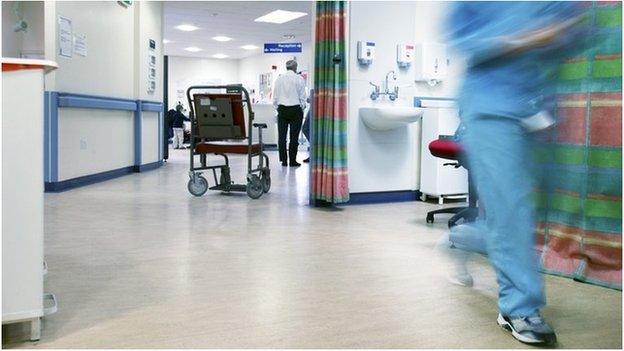More English patients with GPs in Wales than vice versa
- Published
Helen Birtwhistle says no money comes to Wales for the extra 5,000 English patients visiting GPs
There are more English patients registered with GPs in Wales than vice versa, a top NHS official has told MPs.
Helen Birtwhistle, director of the Welsh NHS Confederation, said 20,000 English patients were registered with Welsh GPs compared to 15,000 Welsh patients with English GPs.
No extra money comes to Wales for the additional 5,000 patients, she said.
The Welsh Affairs committee's hearing comes amid a bitter political row over the state of the NHS in Wales.
Health Minister Mark Drakeford has accused Conservatives at Westminster of spreading a "tissue of lies" about health care in Wales, after UK Health Secretary Jeremy Hunt claimed patients in Wales were getting a "second class service".
Giving evidence to the committee on Tuesday, Ms Birtwhistle admitted that for hospital care, the cross-border traffic was generally from Wales to England, most often in mid and north Wales.
"It's party due to geographic convenience, but also because of the lack of secondary care in some areas," she said, noting that Powys had no district general hospital.
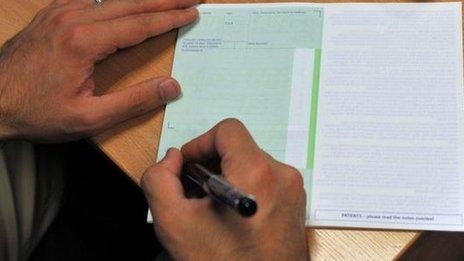
Wales gets no money for the extra 5,000 English patients treated by GPs
Jesse Norman, Conservative MP for Hereford and South Herefordshire, told the committee that 3,500 people in Herefordshire were with Welsh GPs mainly because they were the nearest and English GPs would not accept them.
He called for assurances such people would be given the same rights as other English patients under the English NHS in terms of waiting times for treatment and access to the cancer drugs fund in England.
'Tough' decisions
Conservative Monmouth MP David Davies, who chairs the Welsh Affairs committee, said everyone had been "working on the assumption that there are huge differences" between the NHS in England and Wales.
But he said it sounded as if there were "a lot of similarities".
David Davies says people assume there are 'huge differences' between the English and Welsh NHS
Alan Brace, director of finance at Aneurin Bevan health board in south east Wales, said the only real difference was how the respective nations commissioned their health services.
"Within England there are very separate organisational models with fairly high transactional costs to do that," he said.
"I think in our system [in Wales] we've tried to simplify all of that and try and break some of those boundaries down."
Ms Birtwhistle added that finances were "extremely tight everywhere in the UK" and that "really tough and difficult decisions" had to be made about health service priorities.
- Published18 November 2014
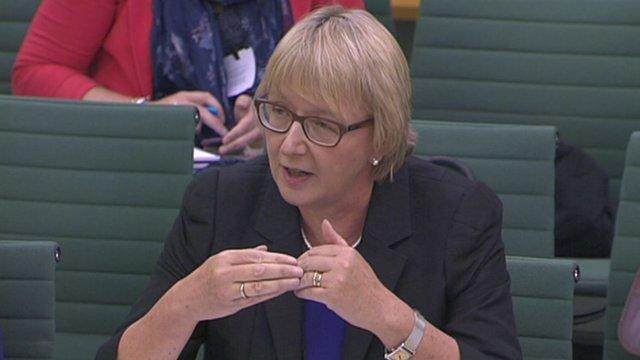
- Published12 November 2014
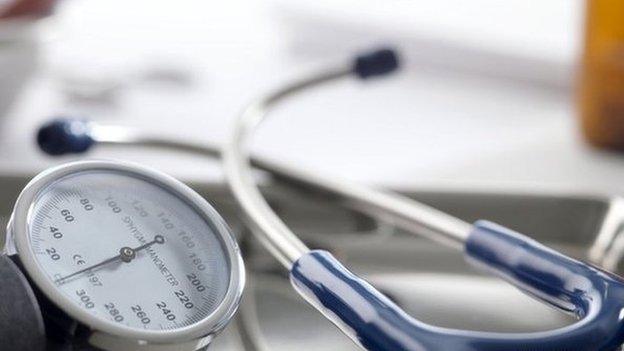
- Published7 November 2014
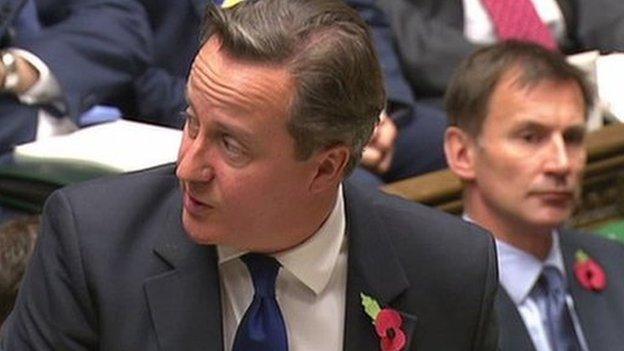
- Published22 October 2014
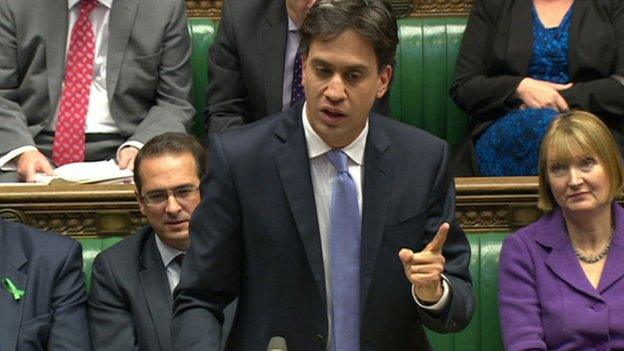
- Published21 October 2014
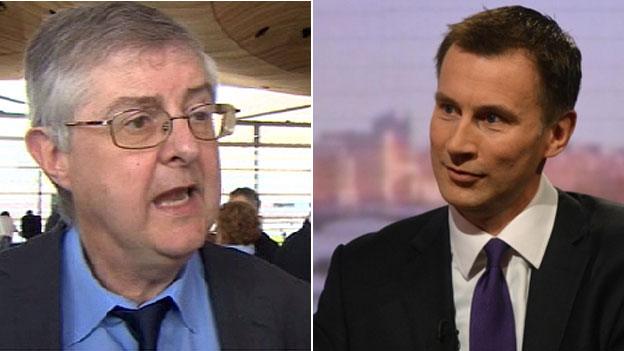
- Published21 October 2014
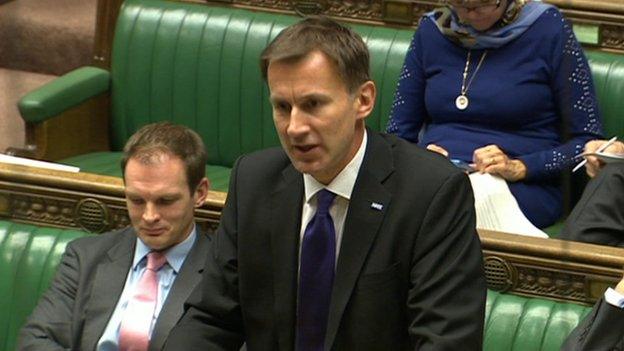
- Published21 October 2014
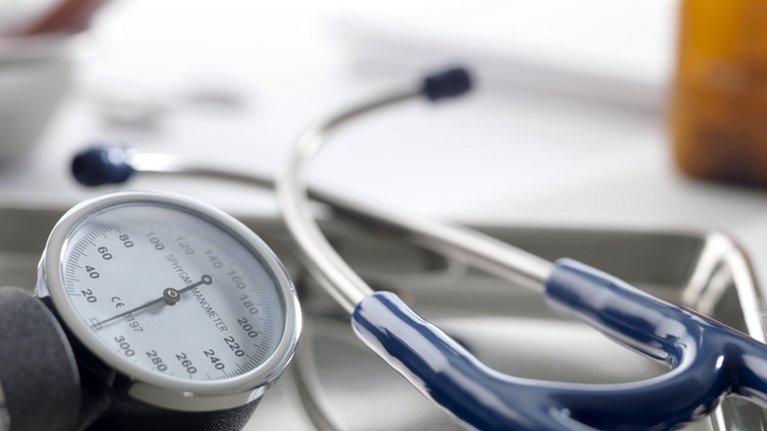
- Published20 October 2014
